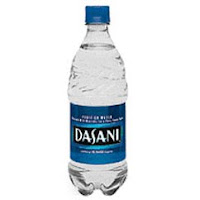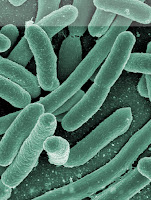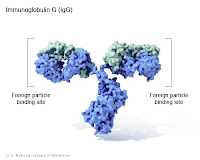 Hooray for nutritional products for kids! I’m thrilled by any product developed for a child’s nutritional consumption. The latest–probiotic straws–to replenish healthy gut bacteria for children that might have had a bout of diarrhea or have been through a round of antibiotics or such, are now available through the Nestle’ corporation.
Hooray for nutritional products for kids! I’m thrilled by any product developed for a child’s nutritional consumption. The latest–probiotic straws–to replenish healthy gut bacteria for children that might have had a bout of diarrhea or have been through a round of antibiotics or such, are now available through the Nestle’ corporation.
I am a firm believer in the power of commerce–that is, allowing the markets (peoples’ buying habits) to determine product availability. That’s why I vehemently oppose mandating regulation or restrictions on the food industry. The food industry only produces what people (the market) want(s). So Coca-Cola and Pepsi now both sell bottled water. Why? Simple–it’s a huge market. Duh! Businesses only care about making money. There’s nothing immoral about it (with regard to the food industry)–amoral, for sure; but immoral?..no way.
 So although it may be surprising initially to hear that the Nestle’ corp–makers of Quick, Butterfinger, Chunky, Coffee Mate and a slew of other junk food products–is behind the latest health product for kids, it makes complete sense to me. Health and nutrition is a large and growing market; and naturally, parents will want products that also ensure their children’s health and well-being. Can you both be a junk food and health food manufacturer? Sure, why not?
So although it may be surprising initially to hear that the Nestle’ corp–makers of Quick, Butterfinger, Chunky, Coffee Mate and a slew of other junk food products–is behind the latest health product for kids, it makes complete sense to me. Health and nutrition is a large and growing market; and naturally, parents will want products that also ensure their children’s health and well-being. Can you both be a junk food and health food manufacturer? Sure, why not?
OK, back to the product. Nestle’s Health and Clinical Nutrition (HCN) products has aligned itself with BioGaia, makers of the Probiotic Straw which contains a daily dose of L. reuteri, a “universal” gut organism, meaning it is found throughout the animal kingdom. L. reuteri is already being used in products in 42 countries, including formula products in Europe and Asia.
Probiotics help replenish healthy and useful gut bacteria, which are necessary to ward off opportunistic organisms that could overtake a deficient environment. Probiotics can be taken by children of any age. Vaginal births and breastfeeding lead to greater flora production in children, but probiotic supplements can help enormously. Probiotics can help boost the immune system, and a preliminary Chinese study showed that probiotic supplementation may aid in preventing colds.
Thumbs up to Nestle’s. Yeah, you can manufacture both health and junk together. The market determines what should be available. Some want Hot Pockets, others probiotics. No problem–Nestle’s got ’em.















